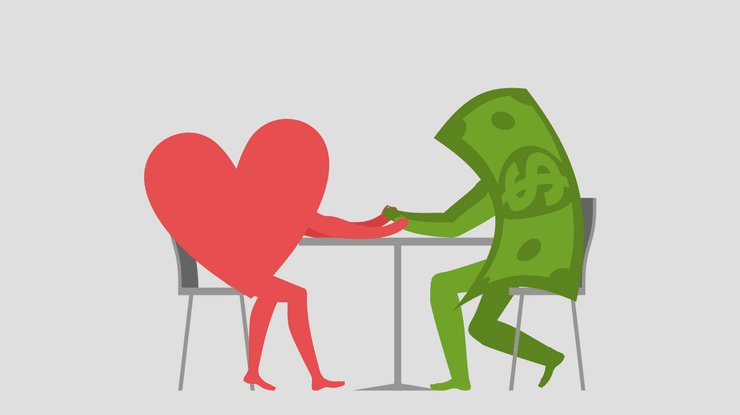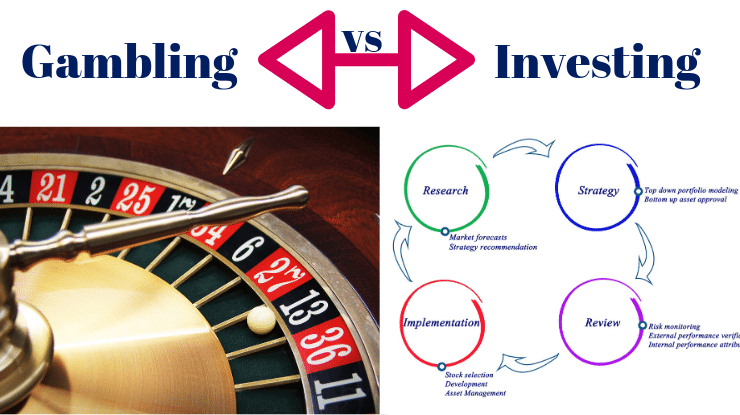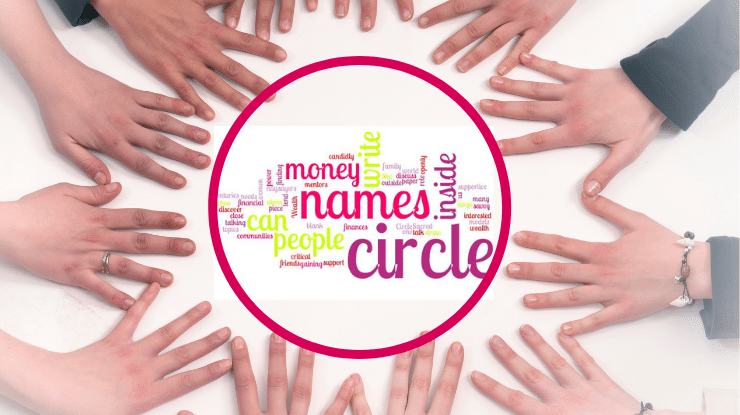According to success guru, Jack Canfield, “Everything you want also wants you. But you have to take action to get it.”
I thought of that quote when a woman, in one of my groups, recently posted: “Even though I say I want to create wealth, I keep signing up for more courses that kept putting me deeper in debt.”
I hear this all the time. Taking endless classes feels like you’re taking action, but it’s actually an act of self-deception. So I responded with a question: why don’t you want wealth?
When an unconscious desire—say, to conform to family patterns—is stronger than your spoken intention—to be wealthy—you’ll stop yourself at every turn.
You’ll water down your efforts, make misguided choices, and justify your actions with a variety of excuses. You may say, and believe, you want to be wealthy, but that’s not the message that’s reaching your brain.
There’s a story about two caterpillars that spy a butterfly high overhead. One turns to the other and says, ‘You’ll never get me up in one of those things!’
In many ways we’re like that caterpillar. We get a glimpse of what’s possible and immediately get cold feet. We may say we want something, but deep down, a muted voice is convincingly arguing, ‘No you don’t.’
I’d love to know if you’ve struggled with an internal conflict: part of you wants something, part of you doesn’t. Leave me a comment below.
Get the support you need to create the Wealth you desire in my virtual community of women supporting women, The Wealth Connection. Join the conversation today!











